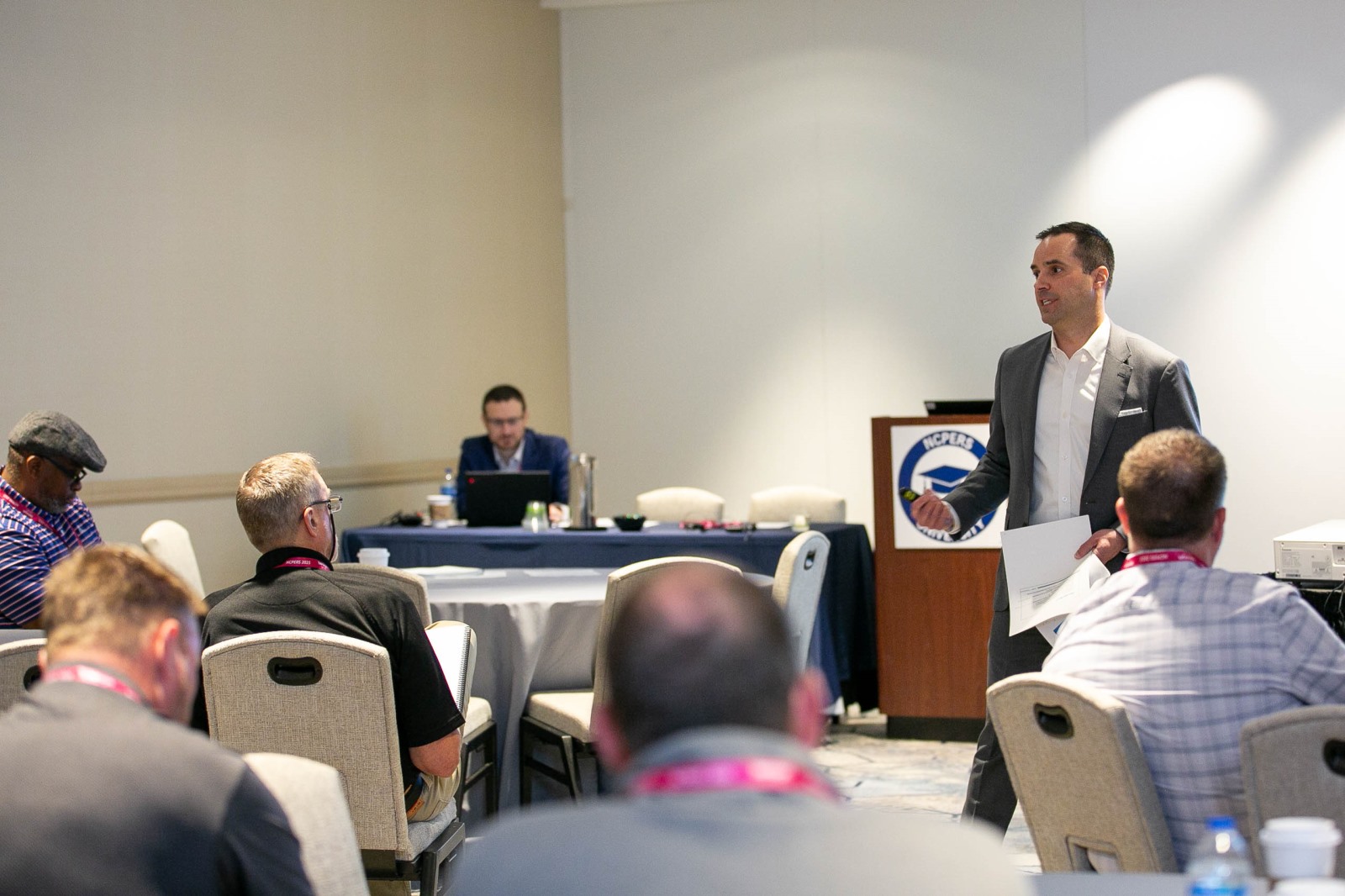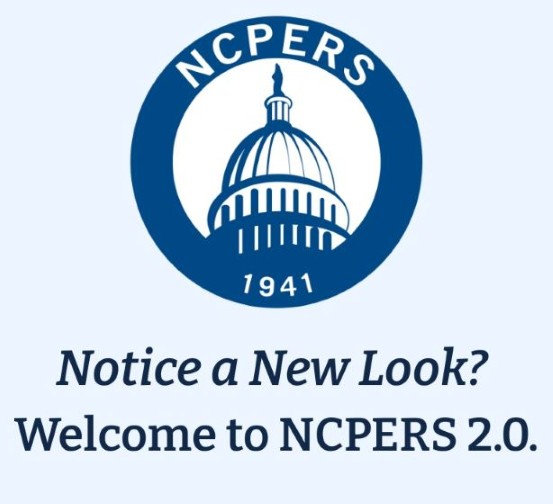NCPERS Advanced Fiduciary Institute (NAF)
Gain the skills needed to lead a high-performing, resilient pension fund with confidence.
Advanced Fiduciary Institute
Gain the skills needed to lead a high-performing, resilient pension fund with confidence.
About NCPERS Advanced Fiduciary (NAF) Institute
Held twice per year in the spring and the fall before our major conferences, NCPERS Advanced Fiduciary (NAF) Institute is where pension professionals and experienced trustees go to become certified experts in the skills needed to strengthen their retirement systems.
Through real-world case studies and tailored insights in a small classroom setting, you’ll learn advanced strategies to enhance board performance, ensure compliance, manage risk, and address workforce challenges—equipping you to lead a high-performing, resilient pension fund with confidence. We recommend first attending NCPERS Trustee Essentials Training.
Join the spring 2026 class in Las Vegas on May 16-17, immediately before NCPERS Annual Conference & Exhibition!

What Will I Learn During NCPERS Advanced Fiduciary Institute?
Once you complete all four modules in NCPERS Advanced Fiduciary Institute (Governance, Finance, Risk Management, and Human Capital), put your knowledge to the test: Demonstrate your commitment to fiduciary excellence and public pension management by earning your Advanced Fiduciary (AF) certification. Below is an overview of what you'll learn throughout the program:
"As a past student of the NCPERS Advanced Fiduciary Institute, I can tell you that the NAF not only lays out the basics of what your fiduciary responsibilities are, it also provides the in-depth direction that will help any pension trustee, health trustee, or plan administrator be successful.” - Frank Lima, General Secretary-Treasurer, International Association of Fire Fighters, AFL-CIO
Earn Your Advanced Fiduciary (AF) Credential
As the highest professional designation offered by NCPERS, the Advanced Fiduciary (AF) credential provides a competitive edge for public pension trustees, plan administrators, and investment and operations staff.
After finishing all four NAF modules (Governance, Finance, Risk Management, and Human Capital), candidates must pass an online exam to demonstrate mastery of the program content. Please note that in 2026, the name changed from “Accredited Fiduciary” to “Advanced Fiduciary,” but credentials and learning completed remain valid.
The open book exam consists of multiple-choice and scenario-based questions that assess candidates’ ability to apply best practices, interpret fiduciary responsibilities, and make informed decisions based on real-world pension administration scenarios.

Meet Our Faculty
Our expert faculty has led the NAF program for more than 10 years. In 2025, they were recognized with NCPERS Pension Partners of the Year Award for their meaningful contributions to enhancing the learning experience and advancing best practices across the public pension sector.
Join the spring class in Las Vegas: Register by April 30 to secure your early-bird savings!
Frequently Asked Questions: NCPERS Advanced Fiduciary (NAF) Institute
About NCPERS University: Your Path to Fiduciary Excellence
Whether you’re a new trustee or an experienced professional, NCPERS University provides a clear path forward in your fiduciary journey. Interactive exercises and real-world case studies provide actionable insights, while our certification program can help you level up your pension knowledge and demonstrate your commitment to fiduciary excellence.
These pre-conference programs are designed to give trustees and pension professionals the tools, confidence, and practical skills to excel—not just during our events, but in every decision that shapes your fund’s future.
- Build your foundational knowledge with NCPERS Trustee Essentials Training.
- Find timely insights to navigate emerging challenges with NCPERS Fiduciary in Focus Workshop.
- Gain the skills needed to lead a high-performing, resilient pension fund with confidence with NCPERS Advanced Fiduciary (NAF) Institute.
Questions? Contact NCPERS’ Education Associate, Jessica Ransome, at jransome@ncpers.org or call 202-601-2449.
Other Educational Resources
NCPERS Webinars
Continue your learning from anywhere with NCPERS Webinars. These live and on-demand sessions cover timely topics in public pension governance, investment strategies, risk management, and much more—led by industry experts.
NCPERS Research
NCPERS research provides key insights and solutions on public pension issues, from funding and fiscal sustainability to healthcare and finance. Explore our research library to access the latest reports.
NCPERS Publications
NCPERS publications provide members with timely insights and analysis on the most important issues affecting public pensions. These resources help you stay informed of best practices and ahead of industry trends.






